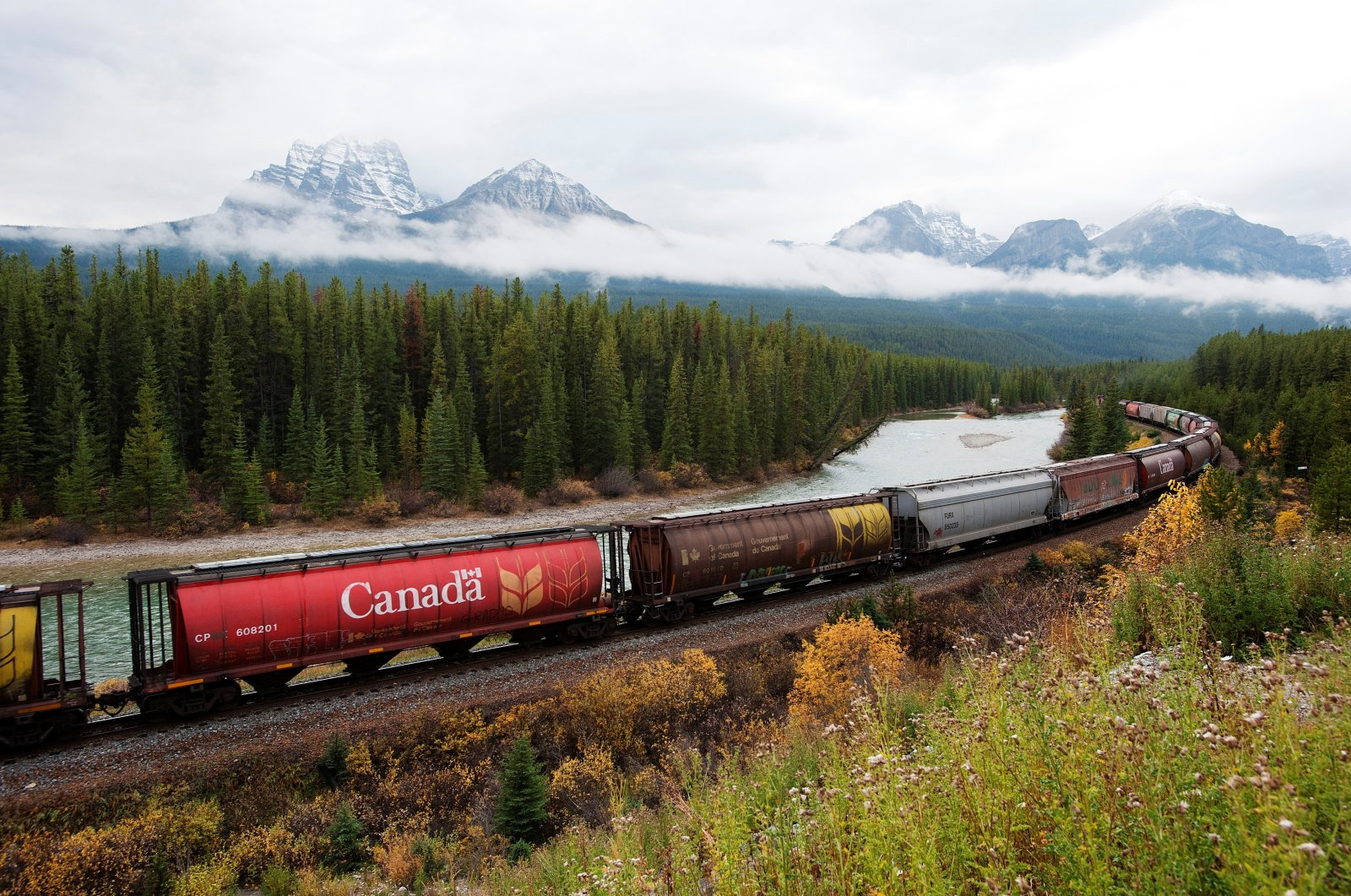Canadian Freight Railroads Shutdown Threatens North American Economy Amid Labor Dispute

Canada’s two major freight railroads, Canadian National (CN) and Canadian Pacific Kansas City Southern (CPKC), have locked out nearly 9,000 Teamsters union workers, halting operations and sparking concerns of severe economic disruption across Canada and the United States. This unprecedented shutdown could have widespread effects on various industries, including agriculture, autos, home building, and energy, especially considering that nearly one-third of the freight handled by these railroads crosses the U.S.-Canadian border.
The timing of the lockout, right before the fall peak shipping season, adds further urgency to the situation. Essential goods, from Canadian grain and U.S. fertilizer to Christmas gifts arriving at ports, may face delays. Economists warn that a multi-day shutdown could inflict economic damage running into the billions of dollars. The lockout underscores the interconnected nature of the U.S. and Canadian economies, where a stoppage of rail services could lead to temporary shutdowns in manufacturing plants and shortages in critical supplies.
The railroads justify the lockout as a preventive measure against a potential strike during the peak shipping season, citing the importance of protecting supply chains. Meanwhile, the Teamsters argue that the railroads’ demands compromise worker safety and disrupt family lives, with the union pushing for a contract that prioritizes safety and reasonable working conditions.
Efforts by Canada’s Labor Minister Steve MacKinnon to mediate the situation have so far failed to yield a resolution. The railroads have called for the government to refer the dispute to binding arbitration, while the union opposes such a measure. The lack of an agreement threatens to deepen economic woes, with both the U.S. and Canadian Chambers of Commerce urging immediate action to avert further damage to integrated supply chains.
The railroads have already taken steps to prevent hazardous materials from being stranded on halted trains, further contributing to supply chain disruptions. Experts warn that even a short-lived shutdown could take weeks to fully unwind, with shipments ending up far from their intended destinations and businesses already experiencing delays. The situation remains tense as pressure mounts on Canadian Prime Minister Justin Trudeau’s administration to step in and broker a solution to avoid further economic fallout.





















